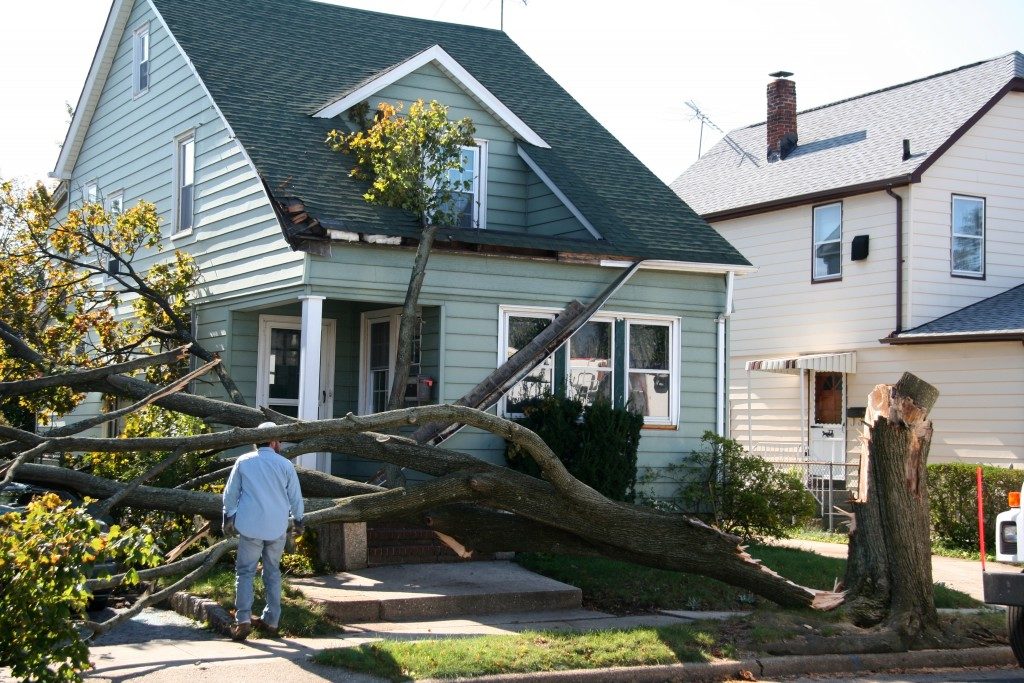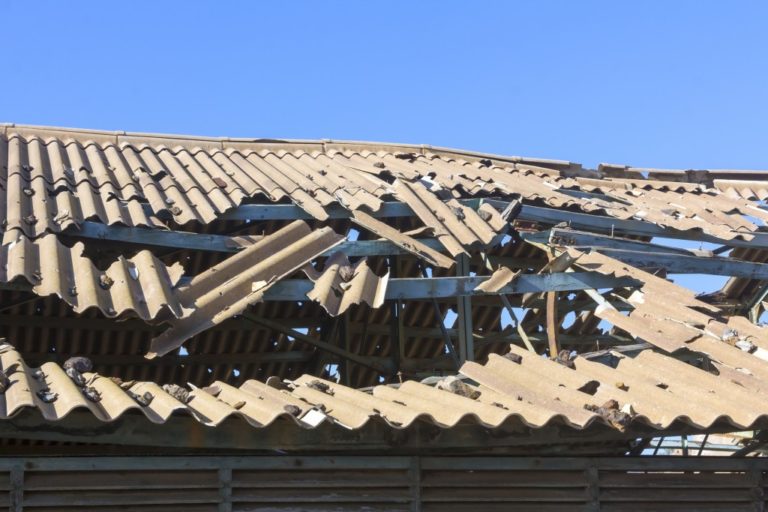The weather hasn’t been kind to Utah these past few months. The harsh weather conditions have led to more damaging disasters, including flash floods, mudslides, and even wildfires. These endanger the lives of the residents and cause lost sales for businesses. The severe thunderstorms also dealt massive damage to property, both public and private, which only caused more headache to the residents and the state government.
Your home may have sustained some breakage due to the incident, so you want to perform a thorough assessment of your house after.
The following are areas on your property that are prone to water damage.
1. Roof and Rain Gutters
The roof receives the full impact of the torrential rains and strong winds. The gusts may have blown the shingles off, so check if there are any missing. If you have an asphalt roof, look for dark spots that may be signs of water damage. Check under each shingle as well to see if any debris is lodged.
The storm may have also knocked down trees, which may have fallen on your roof. Determine the extent of the damage to know which parts of the house need repairs. Call a contractor immediately and have a rundown of the wreckage ready.
The rains may have also downed tree branches, leaves, and other debris that clog your gutters. Check for scraps and clutter in the gutter and the downspout to prevent clogging and leakage inside the house.
2. Exterior Damage
 Take a walk around your house to assess the outdoor structures of your home. Look for any cracks, dents, or holes. The damage may be evident depending on the material of your siding. Stucco, brick, and cement fiber siding are more durable than vinyl siding. Water damage may have caused the siding to discolor and the paint on the concrete walls to bubble and peel.
Take a walk around your house to assess the outdoor structures of your home. Look for any cracks, dents, or holes. The damage may be evident depending on the material of your siding. Stucco, brick, and cement fiber siding are more durable than vinyl siding. Water damage may have caused the siding to discolor and the paint on the concrete walls to bubble and peel.
Windows are fragile, especially during severe weather conditions. The strong winds coupled with heavy rains are enough to break the glass, especially on old windows. The metal hinges and locks may also have rusted over because of exposure to water. Carefully check each pane for cracks or dents that may eventually shatter the glass.
3. Power Lines and Electrical Wiring
Fires after storms are frequent occurrences. They may be due to lighting or damaged power lines. If a tree has fallen on your home, check if it hit any electrical lines. Wiring exposed to floodwater may also sustain some damage. Calls for a commercial electrical contractor in Salt Lake City may soon spike as Little Cottonwood Creek threatens to overflow and cause flooding. Business owners and residents in the area must stay alert.
Exposed electrical wires pose safety hazards, but it’s also unsafe to deal with them on your own. It’s best to contact an electrician to ensure that the problem is addressed properly and swiftly.
Document all the breakage as you do the assessment of your home. Take photos of the damage as well because these can strengthen your case when you call your insurance company. Lastly, stay updated with local and national news regarding weather occurrences.
There’s no news yet about the storms going away soon, but it’s best to be ready. Prepare a go-bag so that you can evacuate immediately when necessary.




